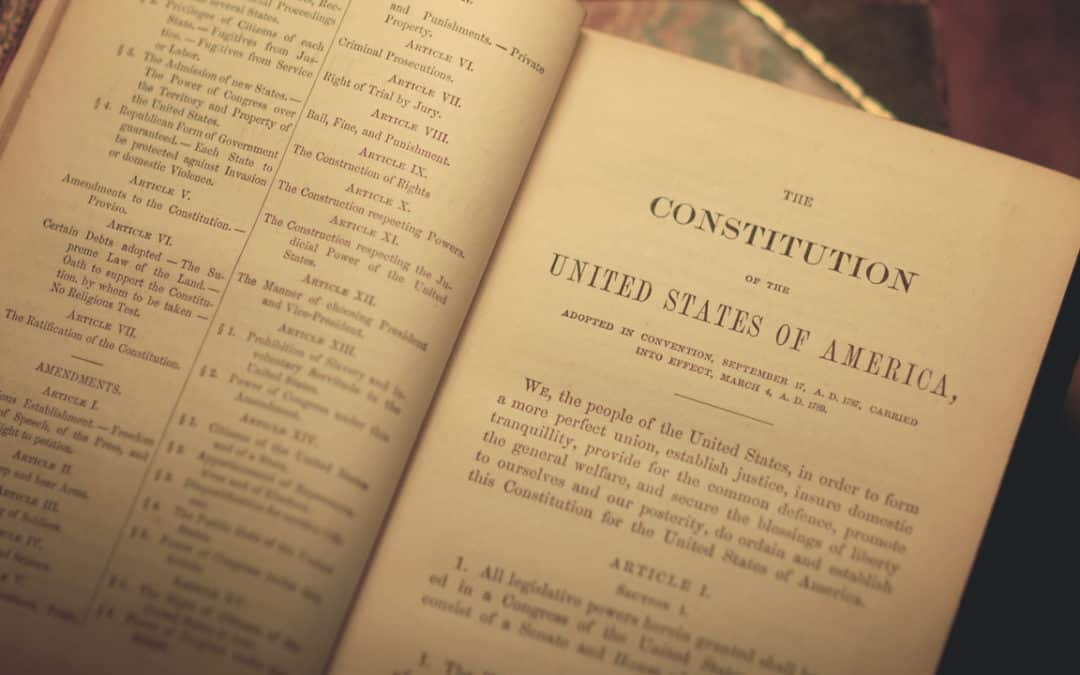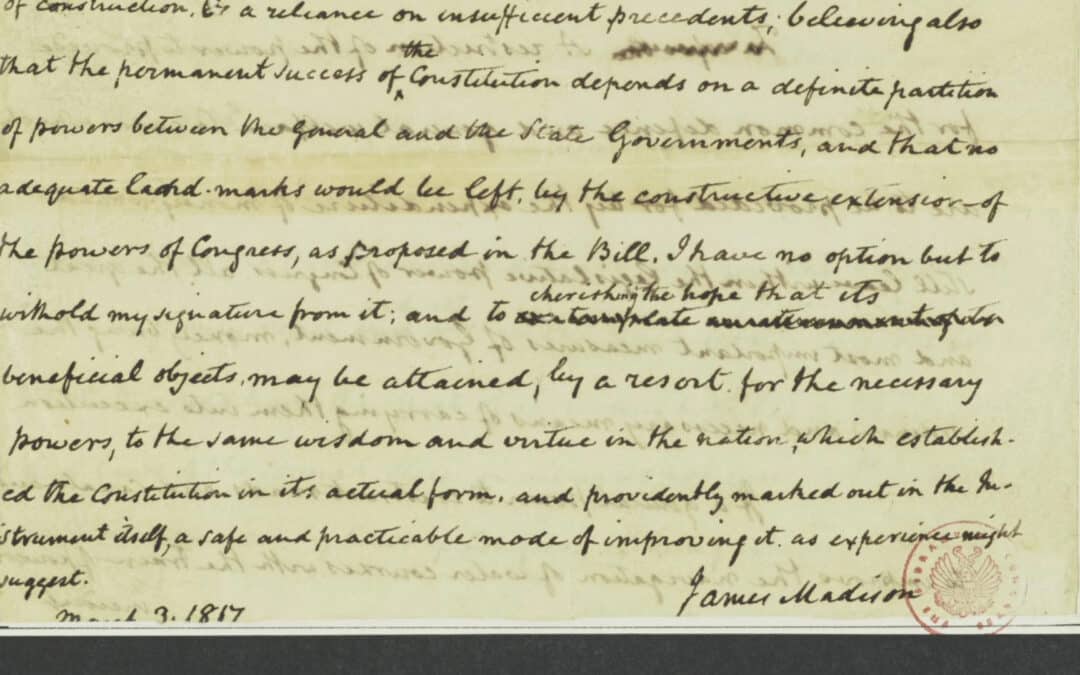
Constitution

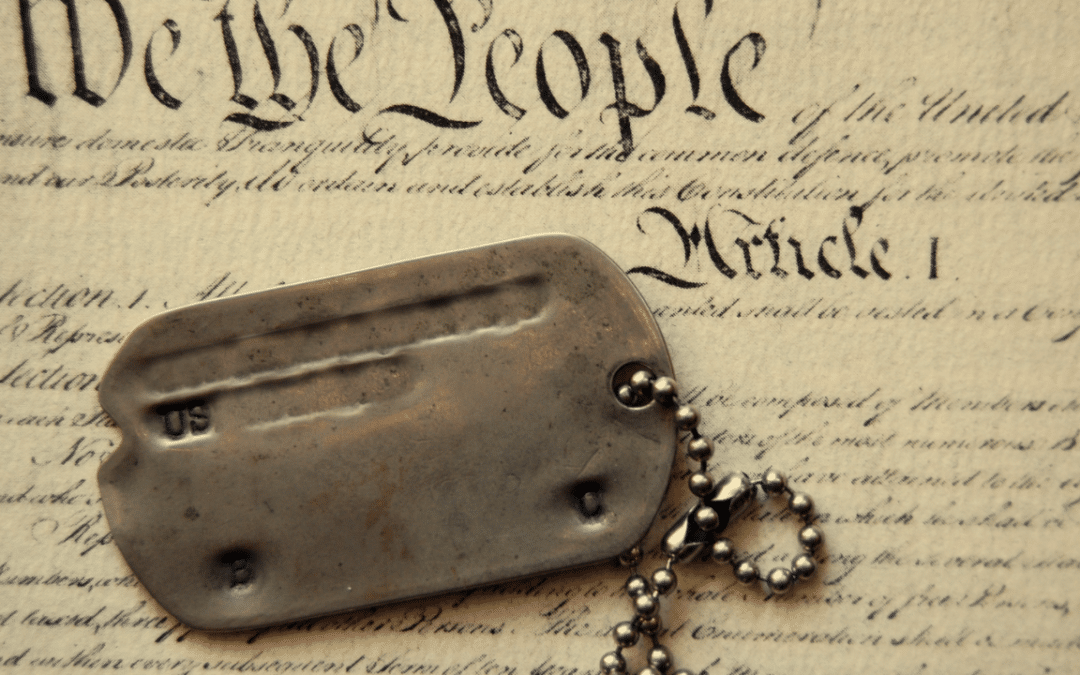
War and the Constitution
Can the president fight any war he wishes? Can Congress fund any war it chooses? Are there constitutional and legal requirements that must first be met before war is waged? These questions should be addressed in a national debate over the U.S. military involvement in...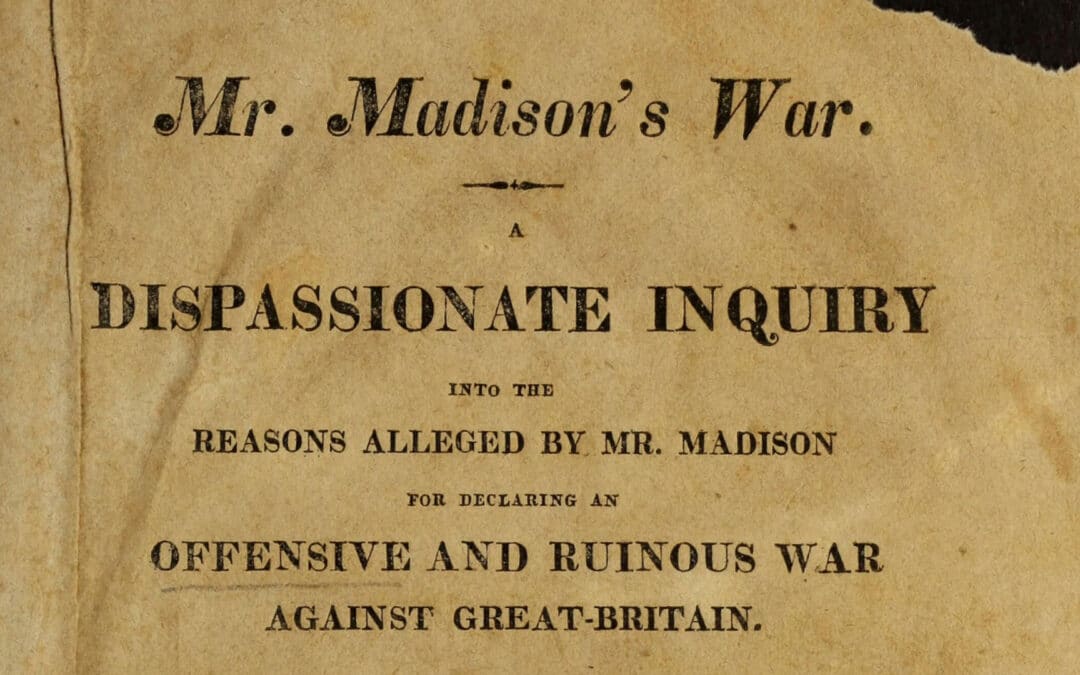
The War of 1812 and State Sovereignty: New England’s Militia Resistance Explained
Was the militia intended to be used as an offensive military force in foreign lands? During the War of 1812, New England states not only said no, but they used the principles of the 10th Amendment to actively interpose and resist federal demands for mobilizing the...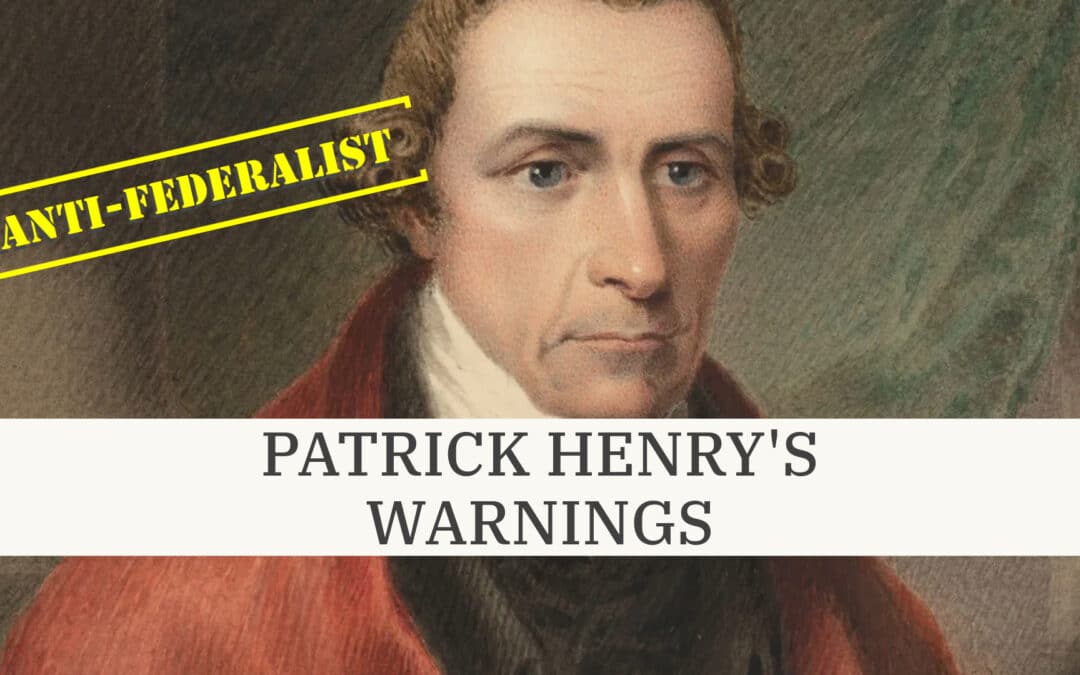
Patrick Henry: Top-6 Anti-Federalist Warnings
This government “will swallow the liberties of the people, without giving them previous notice.” That’s one of many stark warnings Patrick Henry gave us in 1788. In a series of fiery speeches during the Virginia Ratifying Convention, he laid out some of the most...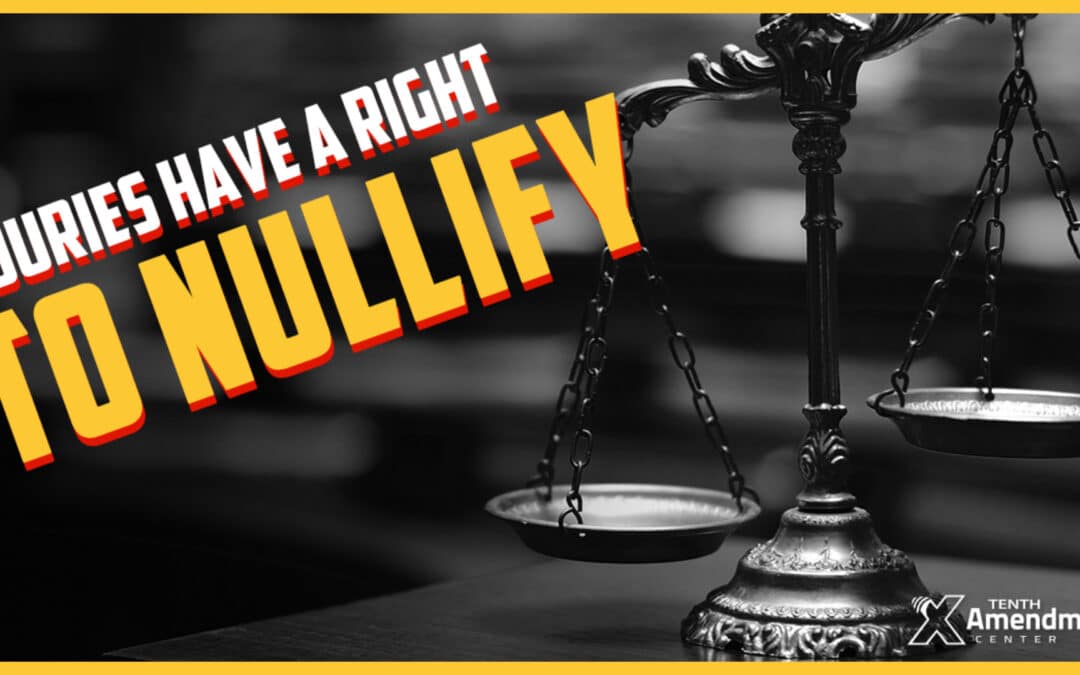
Jury Nullification: How “We the People” Can Overrule the Government
Trial by Jury. Thomas Jefferson considered it “the only anchor ever imagined by man by which a government can be held to the principles of its constitution.” Jury nullification makes that possible, which is why the government doesn’t want us to know, learn, or use it....